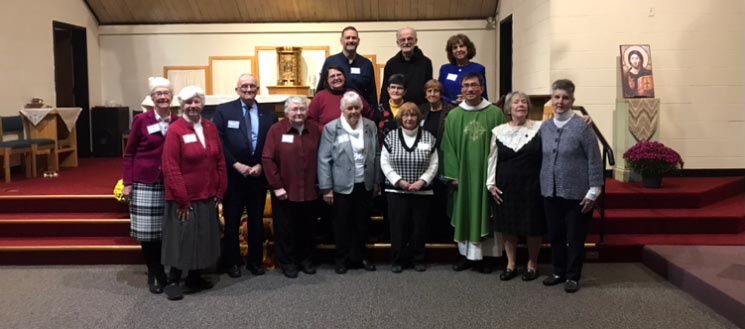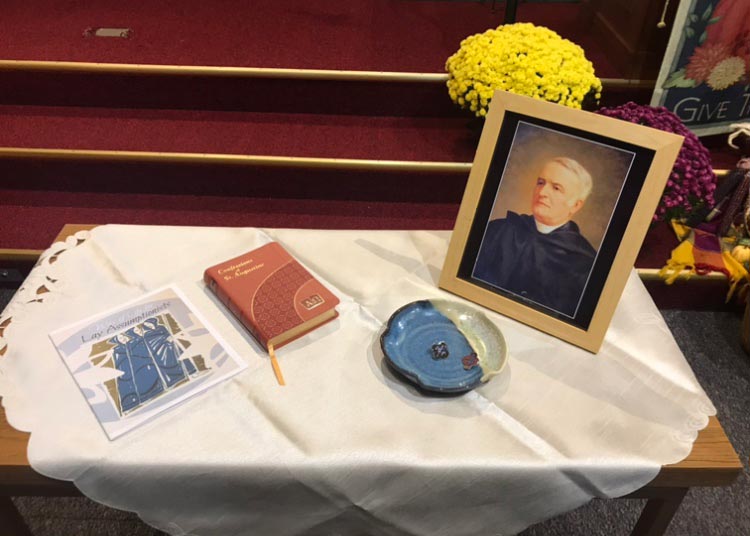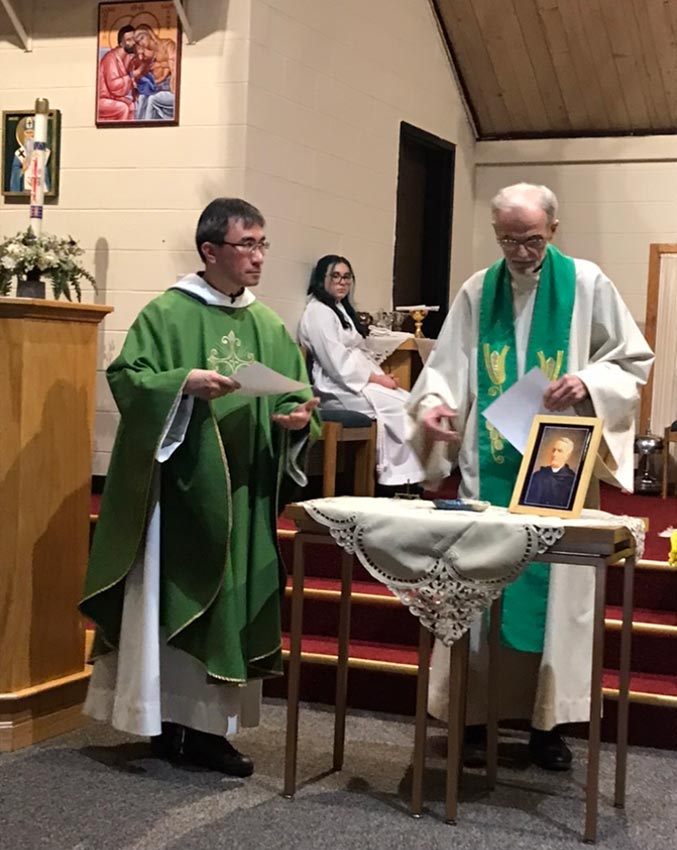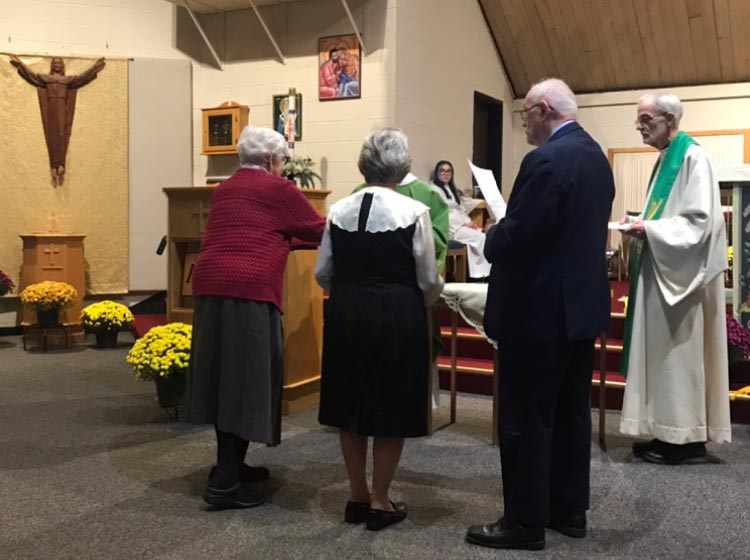You are heirs, be also founders!
I got a new handkerchief today. It reminds me of my grandmother. She used to keep her money in a handkerchief. It was safe because no one ever paid attention to it. But the thing is: sometimes she forgot where she put the handkerchief!
What can we wrap in our handkerchief? Our talents, our faith, our identity. Like the third servant in today’s Gospel, sometimes we tried to wrap the gifts that were given to us in such a way that they could not be developed. We wrapped our gifts in such a way that they still belonged to the giver. We did not want to take risks or to challenge ourselves in order to develop our capacity. We did not want to try new things because we were fearful of failure. We did not want to get out of our comfort zone and build something new from our old shell. In the Assumptionist language, we lack a spirit of daring and initiative. In the Provincial Chapter documents, which will be available tomorrow, the Assumptionists talk about their desire to share their story, the story of their identity. They don’t want to wrap their identity in a handkerchief. They want to share it with whomever they encounter. They want to make it known.
Now, let us go back to the Gospel. In the parable, the master distributes his possessions to his servants so that they can make their own what is given to them. What is important is not the amount received, but the ability to gain from what is given. The master wants his servants to “engage in trade” with what they receive. The master wants the good servant to cease to be a servant one day. He hopes that his servants will access his own level by leading their life by themselves. Unlike the third servant who believes that the money received still belongs to the master, the other two have doubled the gift given by the master. This gift is a gift freely given and not a gift intentionally entrusted to be accounted for afterward. In the presence of the master, the first servant presents five other talents and the second shows the other two that he has earned. This is not a story of restitution, but a story of recognition. The first two servants recognize that their master is always the source of all gifts. And their merit comes from what they receive from the master. For his part, the master recognizes the great capacity of his two good servants. This mutual recognition allows the master and his servants to share with one another a fundamental element of life: the joy of being.
The master appreciates the talents that the first two servants brought to fruition and he invites them to enter into his own joy. This joy allows them to leave their servant status for good in order to become masters. This joy is not the joy of someone who is successful in his business, but of someone who becomes a new person. This joy is the enjoyment of a new existence: to be masters like the master.
Dear Chris and Roland,
Today, you take a further step in your commitment in the Assumption family. In our family, we have a Founder, Fr. Emmanuel D’Alzon. You are the heirs of a spiritual inheritance. You are heirs, be also founders. Be masters like the master. Be founders like the Founder. You are invited to ask yourselves these questions: If Jesus is here in front of you, what other talents do you want to show him? What have you done with the talents he has entrusted to you? Have they become yours or do they still belong to the master? How do you “engage in trade” with what you received.
These questions are also for all of us who move toward the end of the liturgical year. If today Jesus comes back from his long journey, what do we want to show him? What did we do with the gift of our baptism, the gift of our faith?



